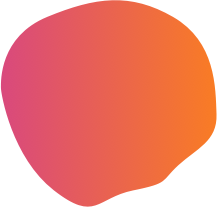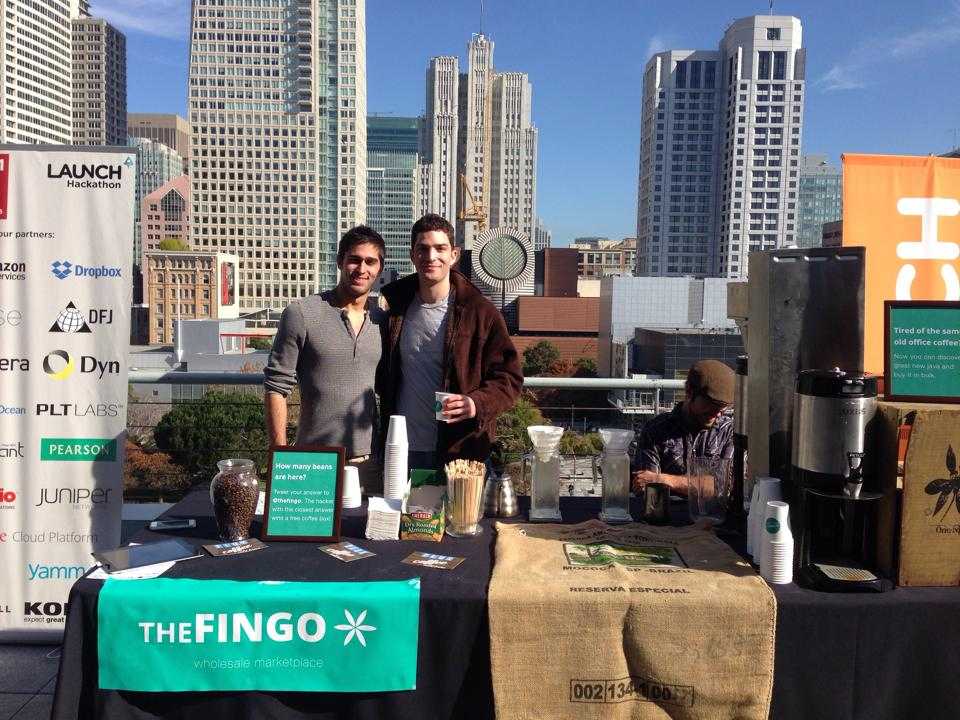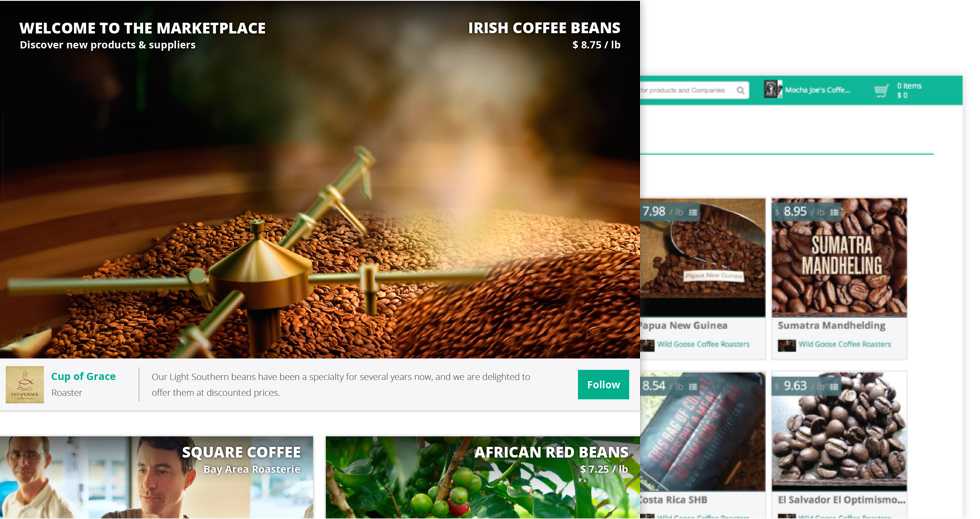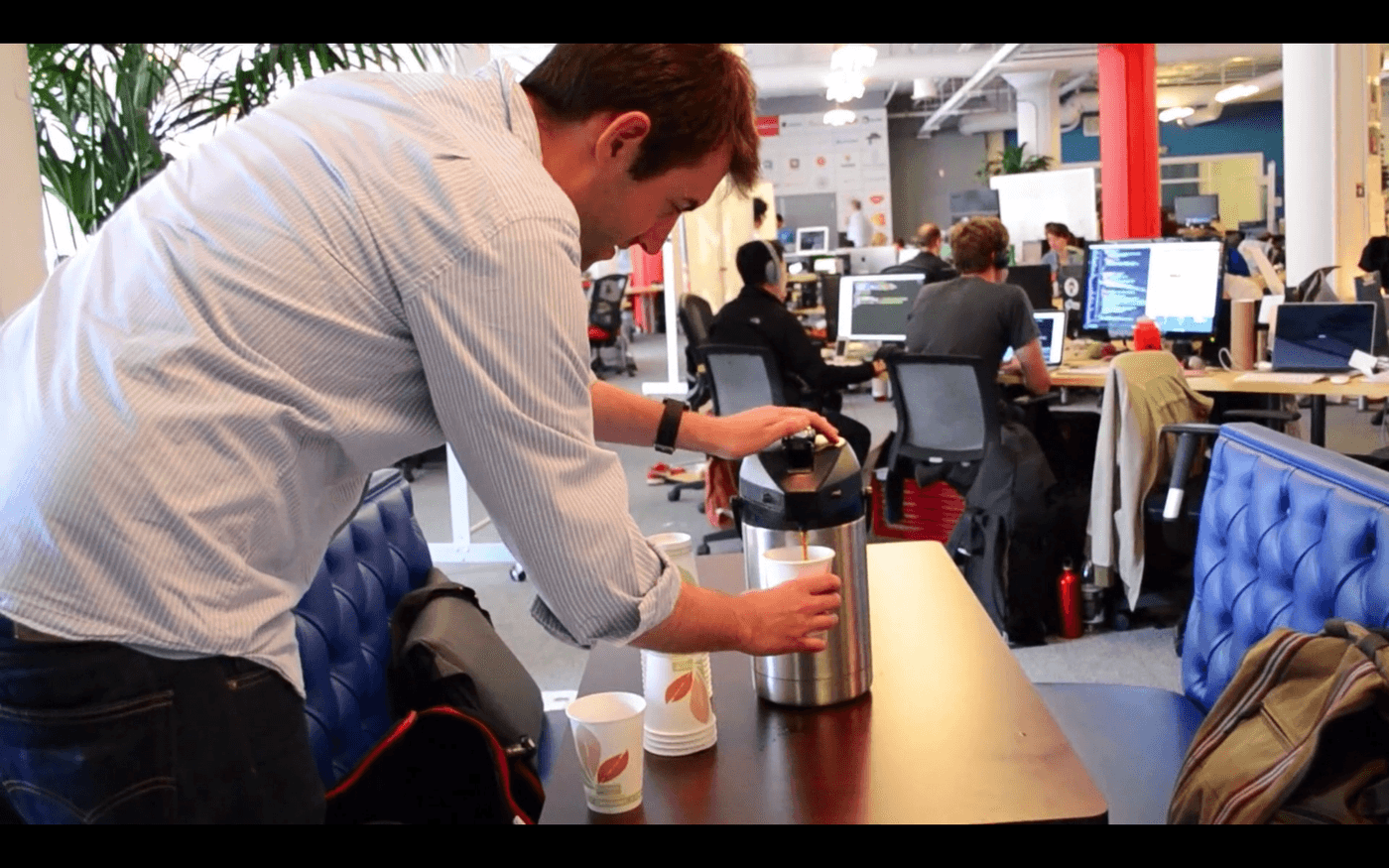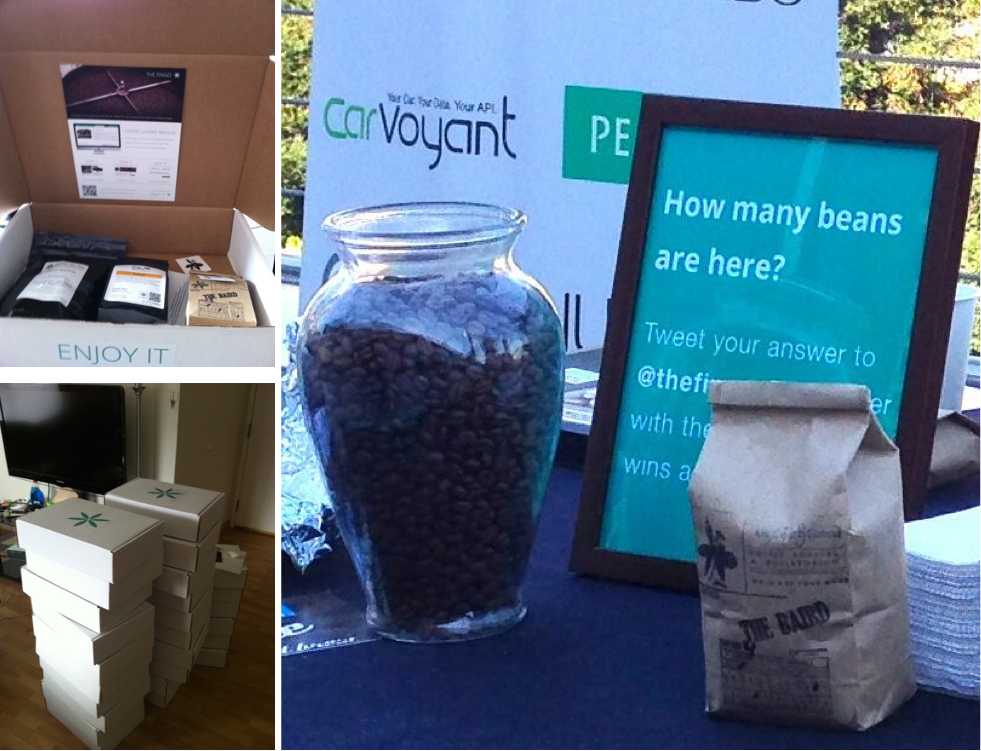Building a B2B marketplace for coffee
A little background
We were a team of 4 persons, where Seth started with the idea, and was joined in by Justin. Soon after my frined Ankur joined in and got me in on board. We were a distributed team, worked over HipChat, Skype and Google docs for collaboration.
My role in the team was to take care of the design and the frontend.•Our stack was built on Python( Django ) and nodeJS on the backend, and LESS and Backbone on the frontend.We had setup Celery and Setry for error detection, built a custom JS framework over Backbone, and setup Grunt to be used for compiling the frontend assets.
Listening to the Customer
We started off by building a marketplace for our customers, a catalog management system, order tracking, tiered pricing etc. After we closed in on our Beta version, my next step was to include analytics to understand about customers.
Since GA was not enough for us, we setup Mixpanel and Crazy Egg to understand what our customers are doing. Seth and Justin went and talked to our customers, and even interviewed the ones who could take out the time for us.
Most of the conversations went onto being Skype calls, as we had to be involved. Soon we realised that we had been too busy building too many features, that we had not been focussing on the tiny problems that our customer were facing. These interviews and analytics led us to realise them :
Our customers wanted to have a markeplace that is easily browseable, yet have all the relevant information. We discovered that using large images led to increase in our conversion by 17%.
My friend Justin also made this small video showing the change in the marketplace. The animations in this are just brilliant.
The next step in improving the process as per the feedback and data that we collected was to work on our product pages. Over the time to incorporate the needs of various roasters and different requirements, our old product page had went onto become quite cluttered. While redesigning it, we made little tabs which were different for different roasters and also made is look simple and neat.
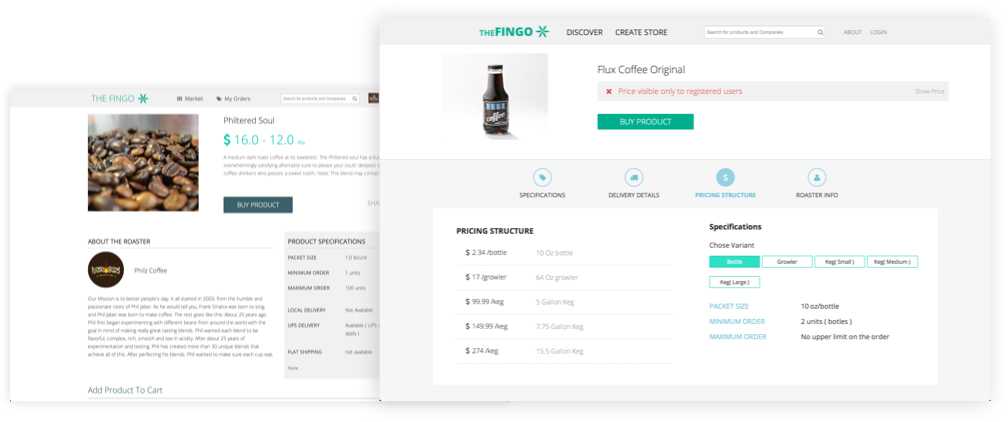
We gave our sellers a way so that they can provide the roast schedule to the buyers.This way the buyers had access to the exact dates for the coffee roast.
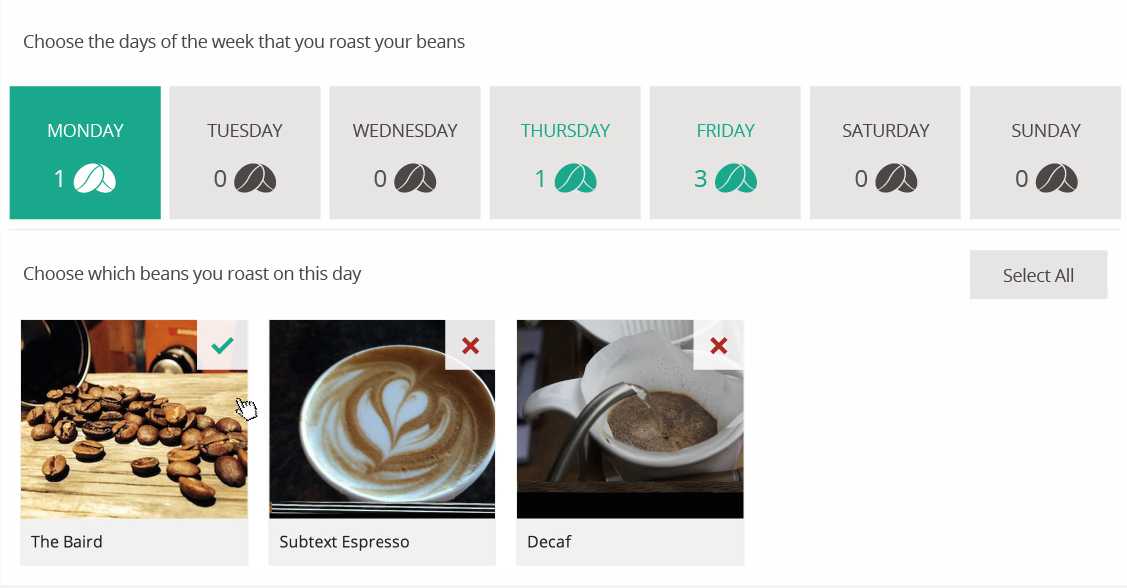
A mobile app concept that we had designed.We never really could get it out there, but we did design our responsive website almost on the same lines.
Getting closer to the community
In a small team of 5 people, it’s not really about the designations and responsibilities, but more of a ride where each of one us put our head down in every aspect of the business - be it selling or marketing.

One of our major focus while building Fingo was to be very close to the community. Hence we participated in a lot of tradeshows and coffee drinkup events. Though I couldn’t be a part of, but the photos and videos sure made it sound like a lot of fun.
Putting the foot in the door
The thing about B2B marketing is that you have to go on knocking door to door to convert people. Digital marketing does not play much role, and when it comes to wholesale, it is usually all about the relationships and trust, which is something you can not easily replicate.
We put out our products in front of the cafès and in office buildings for them to try it on along with QR Code to get them to order more.
At the end we couldn’t scale up the product and had to shut it down, but it was one of the most amazing learnings I had.
If you want to learn more about the product - Visit https://angel.co/thefingo
Hats off to Seth, Justin and Ankur for an amazing journey. Ohh and if you are a person who spends a lot of time making intro’s - The new venture from Seth is gonna make you feel at home - http://entro.io/. Give it a try
